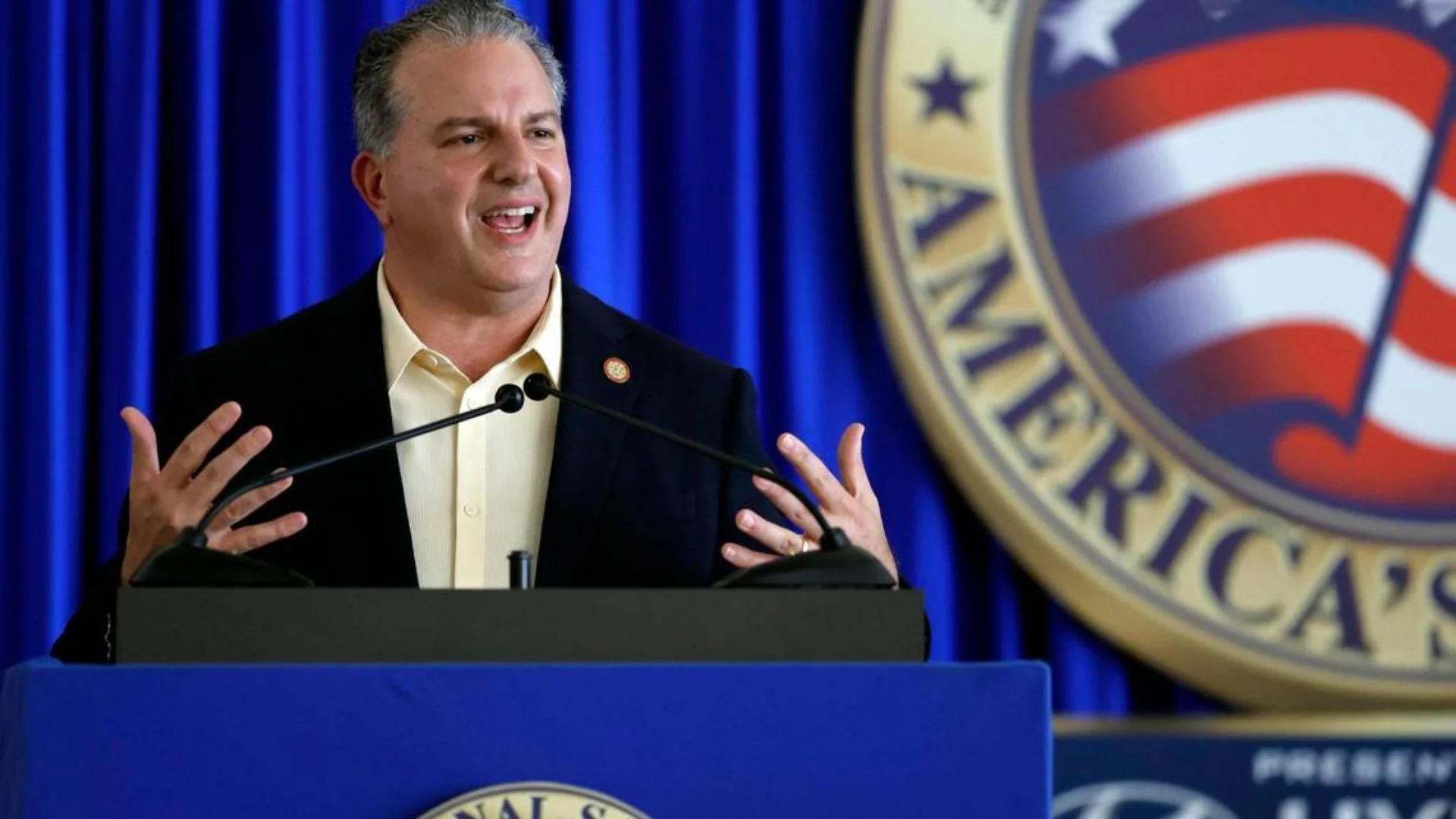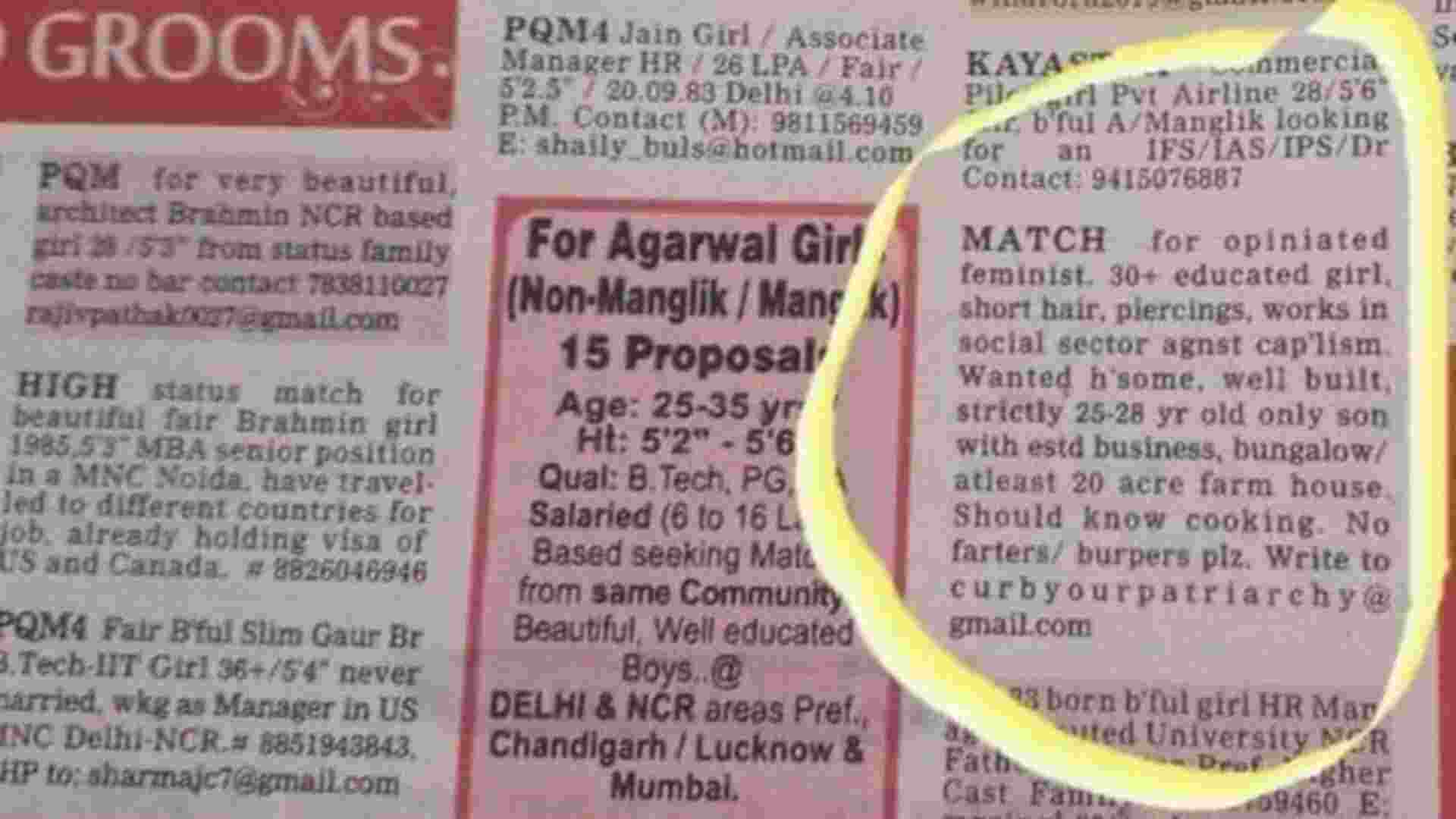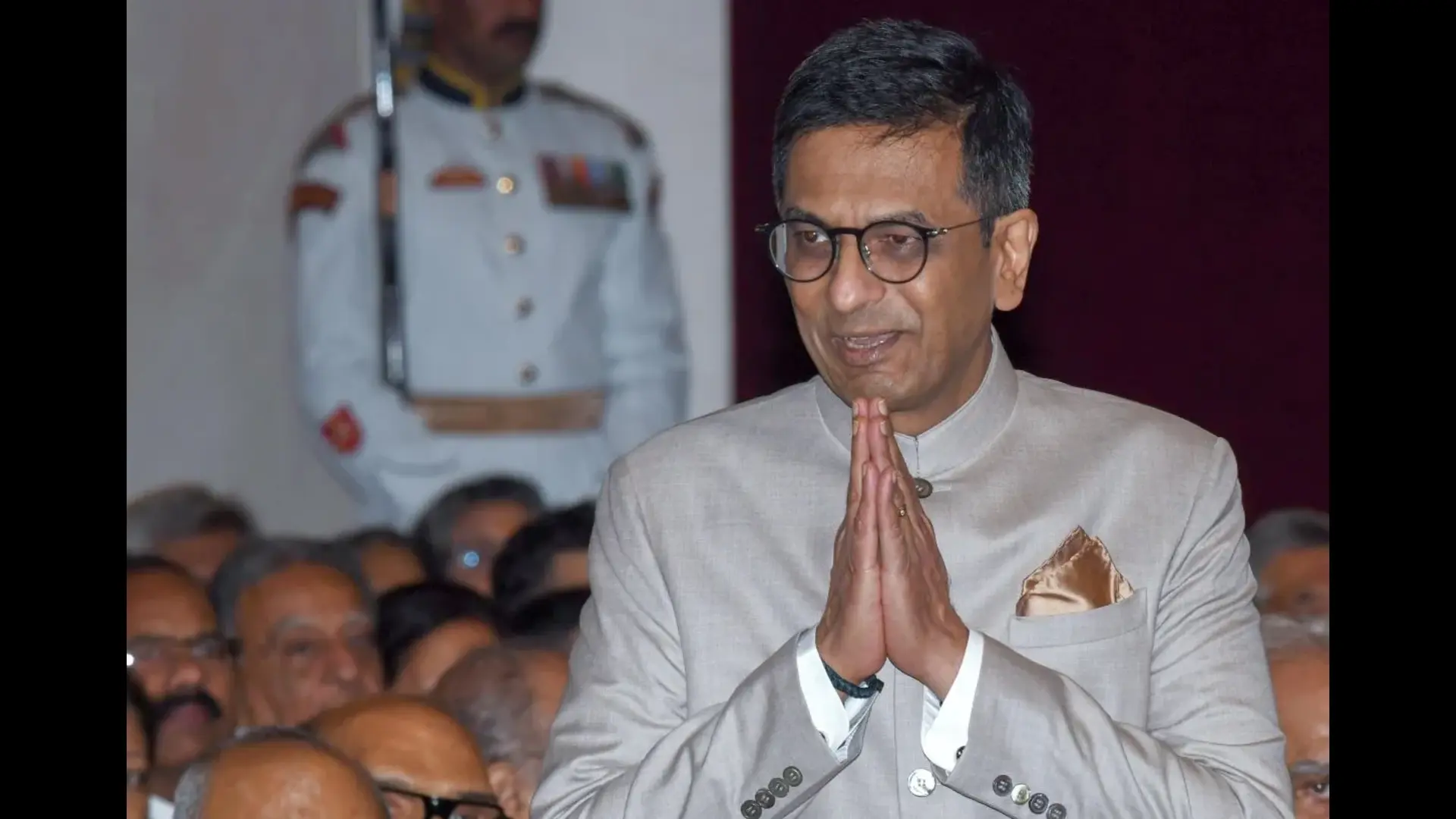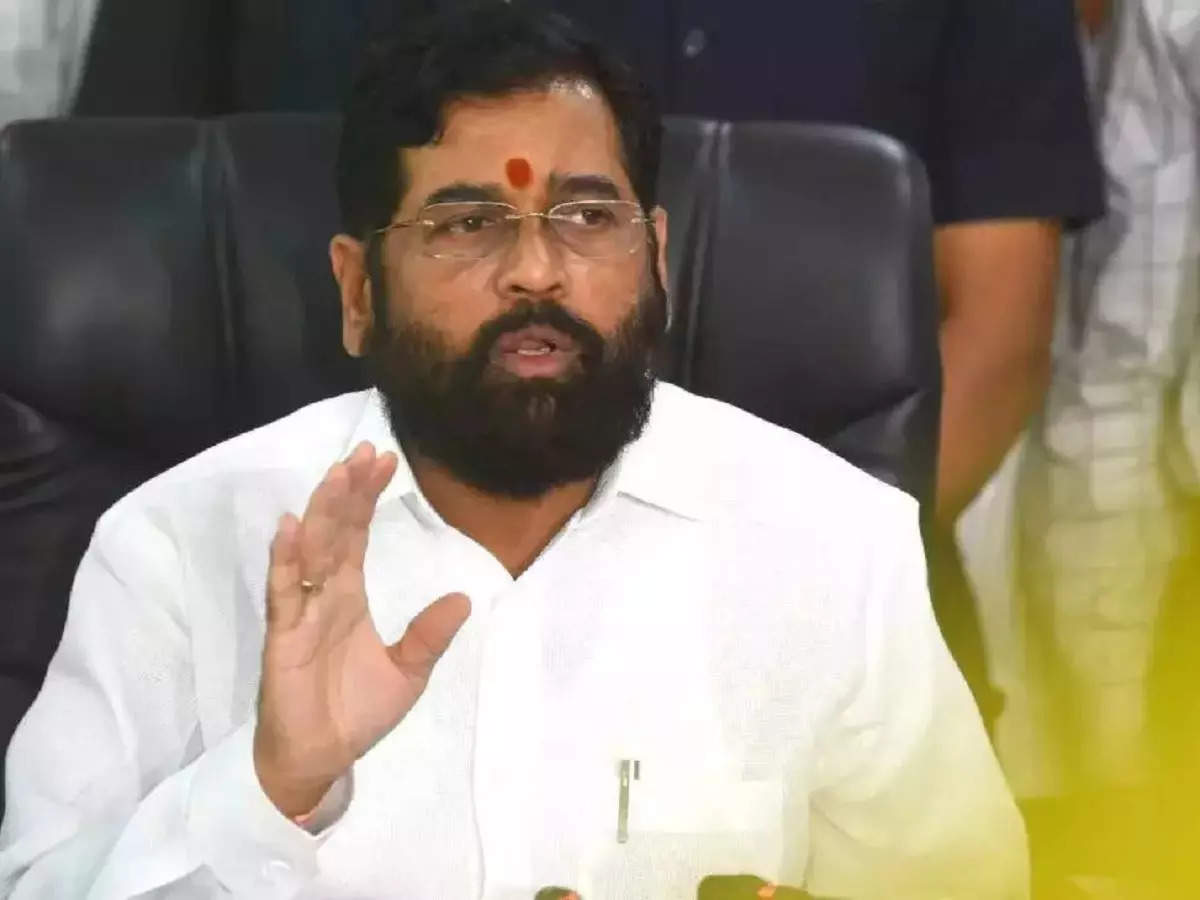
The Supreme Court in the case KC Tharakan v. State Bank of India And Ors observed and has imposed the cost on litigant wherein the court dismissed the writ plea of his review petition to reopen his case wherein it has been claimed by him that injustice has been done.
The bench comprising of Justice SK Kaul and Justice Aravind Kumar in the case observed while calling it to be a complete waste of time that the financial constraints of the petitioner it limited the cost for an amount of Rs 10,000. Therefore, the bench in the case perturbed that after the dismissal of the review petition instead a curative petition has been filed, the plea was moved by the petitioner under Article 32 of the Constitution of India, wherein the petitioner seeks to reopen his case.
The counsel, Advocate Mathews Nedumpara, appearing for the petitioner in the case observed and has appraised the court that a grave injustice has been committed in his client’s case. The petitioner being a clerk at the State Bank of India and the petitioner is being removed from his service. Thus, the petitioner submitted that his review petition was not being heard in open court and the same was disposed of by circulation. It has also been submitted that certain issues which include the grounds of dismissal were not deliberated upon and thus they had not attained finality. Therefore, the bench was also appraised by Nedumpara that the High Court had decided in the favour of his client.
The bench of Justice Kaul stated that his client had fought the case of him right up till the Apex Court. Therefore, the Supreme Court disposed of the second appeal of the petitioner and later the review. Further, it has also been indicated by him once review was dismissed, the writ petition could not have been filed by him to re-agitate the settled issues.
Further, it has also been submitted by Nedumpara that the prayer is that the instant writ petition is to be considered the curative petition.
It has also been submitted by Nedumpara that he would also challenge the validity of Order XLVIII of the Supreme Court Rules, 2013 that mandates the filing of a certificate of Senior Advocate along with a curative petition. Thus, it has also been indicated by him that there are exceptions to the doctrine of res-judicata.















